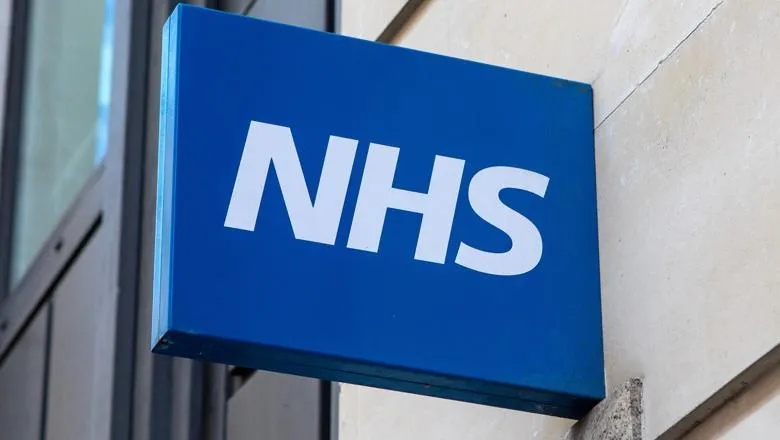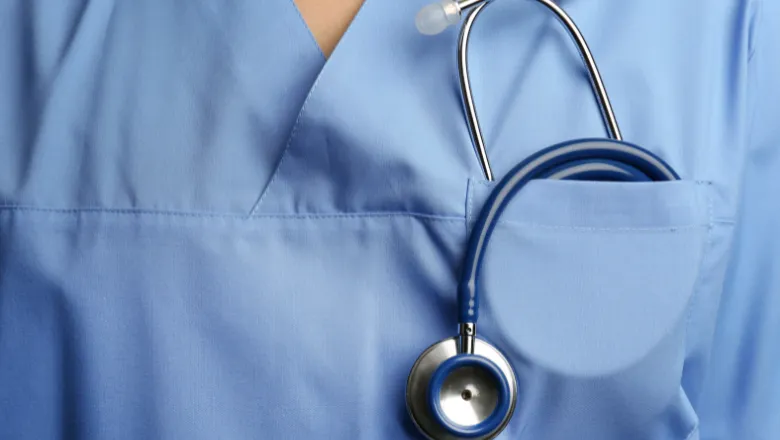A SPECIALIST GP PRACTICE FOR THE STUDENTS AND STAFF OF KCL
kingscollegehc@nhs.net
For Healthcare Professionals only
TELEPHONE
0204 548 9842
Please note that ALL inbound and outbound calls are recorded for training and monitoring purposes
Our Patient Survey for 25/26 is now live. Please click here to complete
We are open Monday - Friday 9:00 - 18:30
King's College NHS Health Centre
5 Aug 2025
An essential guide for navigating the UK healthcare system
For many international students, navigating the healthcare system in the UK could be challenging, and that is why we created this whistle-stop guide to explain the essentials and what you need to do to get settled in.
Read on, or click on the links to find the answer to your question.
Would I be able to make a hospital appointment with a specialist myself?
I have a long-term health condition and I need regular follow-up or repeat prescription
What is the NHS?
The NHS (National Health Service) is the UK's public healthcare system founded back in 1948. The system is funded through taxes and provides medical services for everyone living in the UK.

Through the NHS, people living in the UK can access GP (more on this below) appointments, hospital services, mental health, sexual health and many other health services for free. Whilst most NHS treatment is free, there are some that will incur a charge including prescriptions, dental care, and sight test . Plus, certain medical treatment is not covered by the NHS, for example cosmetic surgeries, and you will need to pay to access those.
Outside the publicly funded NHS, private healthcare providers exist too. If you decide to go for private treatment, it is important to do your own research in understanding the costs and procedures and to check the providers' credentials.
Do I need to pay to access NHS healthcare?
For most international students, as part of your student visa application, you would have paid the Immigration Health Surcharge (IHS), which gives you full access to NHS services during your time in the UK. This means that most NHS services will be free at the point of use, bar the selective few, as explained above.
For those interested in the nitty gritty, check out the NHS website on information on costs and exemptions: When you need to pay towards NHS care - NHS
Register with a GP
We will say it again louder for the people in the back: register with a NHS GP (General Practitioner) ASAP once you have arrived in the UK! Don't wait until you're sick to register, as this might delay in you getting seen by a doctor.
GPs are doctors who we first contact for health problems. Cold and flu, minor injuries, sexual health concerns, long-term conditions, mental health support, you name it, GPs treat it. GPs work in their local "surgery" or "practice".
Some simple facts about accessing a NHS GP:
You have to be a registered patient for the GP practice to offer you an appointment.
You can only register with one GP practice at a time.
GP practices are generally not a walk-in, meaning a booked appointment is required to see a doctor. Each practice will have their own way of booking appointments so please check with your registered GP practice.
Not to toot our own horn, but if you're studying at King's, we'd recommend that you register with us as your GP. We are located at Strand campus and are open only to current KCL students and staff. Go to our Registration page to register today — the only identification we require is your KCL ID number.
Would I be able to make a hospital appointment with a specialist myself?
Short answer: No.

We know that that might be how your healthcare system works back home, but the NHS is designed differently. To be seen by a specialist doctor at a hospital (called "secondary care" in NHS lingo), you will need a GP referral. This means that you need to be seen by your GP first, and if your doctor thinks it is medically necessary for your condition or symptom to be further investigated or treated by a specialist, they will refer you to the local hospital service.
The long answer can be found on NHS website: Referrals for specialist care - NHS
NHS dental and eye care
NHS dental treatment and eye care are separate from GP, and they are not free.
You can use this NHS finder How to find an NHS dentist - NHS to locate a dentist near you and see here to find out: What happens when you visit an NHS dentist - NHS
The most common eye care students ask about is sight test. See: Visiting an optician - NHS
I have a long-term health condition and I need regular follow-up or repeat prescription
If you have a pre-existing health condition that requires ongoing medical attention, please register with a GP as a priority when you arrive and make an appointment without delay.
When attending your GP appointment, bring in your medical record (for example, diagnostic reports or test results) and prescription history to help your doctor build a full picture of your condition and needs.
UK has its own medical guidelines on clinical treatment and prescribing and they might differ from the ones in your home country. So if you are coming from abroad with a need for repeat prescriptions, it is best to bring sufficient supply when travelling and make an appointment ASAP on arrival to minimise any potential gaps in your medical regimens. Also, check the laws in the UK and in your home country about travelling with prescribed medicines: Take medicine in or out of the UK - GOV.UK
Bonus point, if your long-term health condition might impact how you could engage with your studies, consider contacting the University's Disability & Inclusion Support to find out what support you may be eligible for: Disability Support & Inclusion | King's College London
And that's a wrap! The only thing left for you to do is to register with a GP. For those of you who have registered with us, take a look at our pages Appointments and Clinics & Services to find out how things work and what is provided at KCHC.
